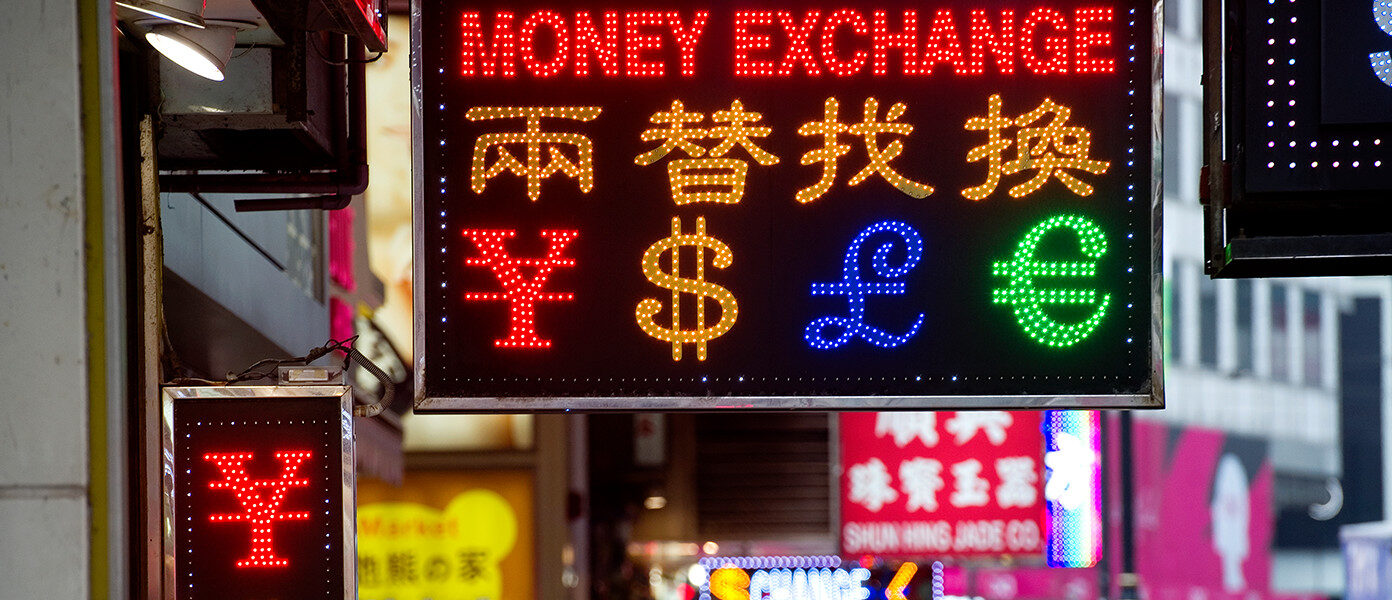Big year in store for the renminbi


Zhou Xiaochuan, Governor of the People’s Bank of China, recently said China’s capital account could become open by the end of 2015, paving the way for acceptance of the renminbi (RMB) as a global reserve currency.
When it comes to the RMB’s status as a trade and investment currency, we’re already seeing a significant build-up of momentum.
By Standard Chartered’s estimates, the value of offshore RMB (CNH) assets including deposits, bonds and loans will likely exceed CNH3 trillion by the end of this year.
The RQFII quota scheme has served as the primary lever for Chinese policymakers to promote RMB as an investment currency
China is expanding access to its onshore capital market – and connectivity to the offshore market – to encourage cross-border investment flows.
The renminbi qualified foreign institutional investor (RQFII) quota scheme – launched in 2011 in Hong Kong and subsequently widened multiple times – has served as the primary lever for Chinese policymakers to promote RMB as an investment currency.
Following roll-out to 10 financial centres, we expect China to expand the RQFII scheme to even more locations this year.
Looking at international take-up of RQFII, the UK and Korea are emerging as active RMB centres after Hong Kong. In November 2014, two out of five new RQFII license holders applied from the UK, while the remainder came via Hong Kong, and in January 2015, all of the quotas approved came from Korean asset managers.
With the Shanghai-Hong Kong Stock Connect (a link between the stock exchanges of Shanghai and Hong Kong, giving mutual access to Chinese and global investors) in place since November – and an anticipated new Connect scheme between Hong Kong and Shenzhen – China is providing greater access to the onshore equity market.
The Shenzhen-Hong Kong Stock Connect is expected to come with a larger quota than Shanghai-Hong Kong. It will likely help encourage greater investment flows, since international investors may prefer the mid-cap opportunity that Shenzhen Stock Exchange offers.
There are expectations in the market that the announcement of the Shenzhen-Hong Kong Stock Connect may coincide with the approval of mutual fund recognition by the State Council. This will allow for the cross-border selling of approved mutual funds, and many asset managers are gearing up for this development in capital account liberalisation.
As China moves towards a system that allows full RMB internationalisation, it must merge its various foreign investment programmes
We also expect financial institutions to gain greater access to the China Interbank Bond Market, with direct access currently limited to foreign central banks, RMB clearing banks and RMB participating banks.
All of these drivers will fundamentally change the Chinese quota and stock-connect landscape. Although practical challenges still remain, full cross-border convergence of these programmes is anticipated in the near future.
As China moves towards a system that allows full RMB internationalisation, it must gradually merge its various foreign investment programmes and transition towards an open capital account – albeit possibly with Chinese characteristics.
A version of this article appeared in the South China Morning Post on 21 April 2015